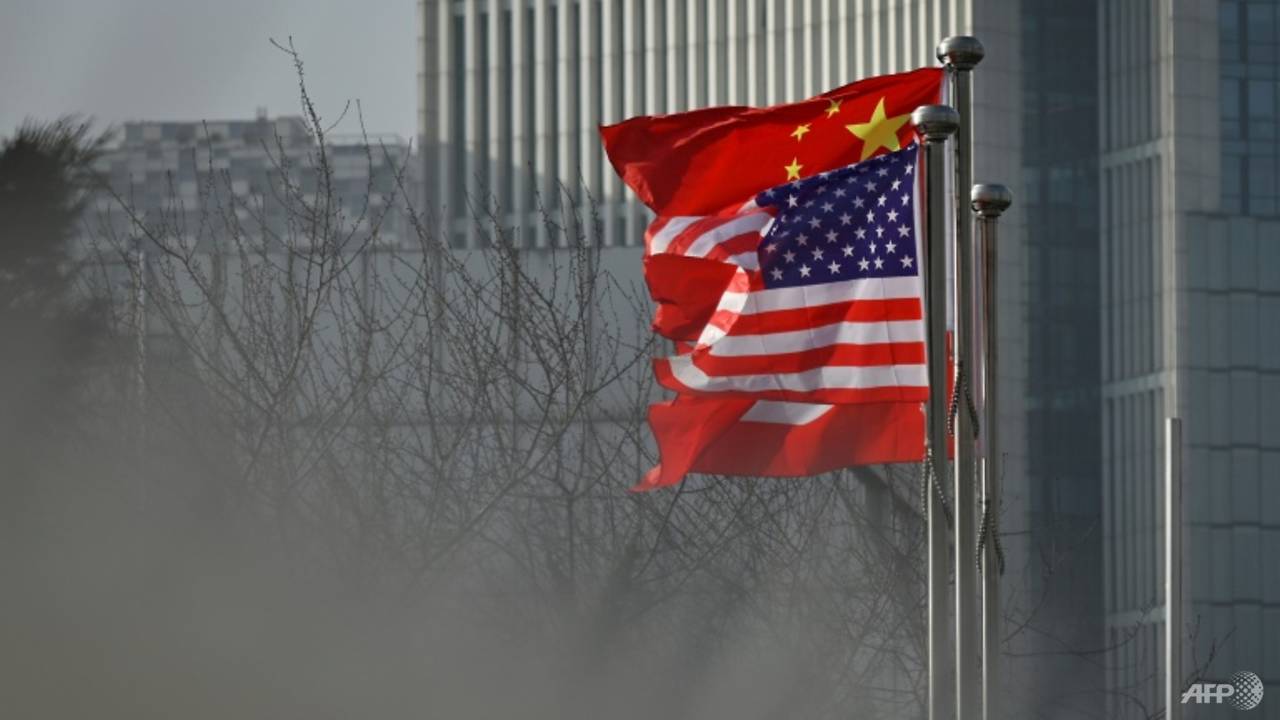The CONIFA World Cup has featured the first-ever green card to be issued in a football match. The new disciplinary measure is designed to stamp out dissent and lack of respect for referees.
The new card is being trialed at the international tournament for FIFA-unaffiliated nations in London, and falls somewhere between a yellow and red card. It allows a referee to send a player from the pitch, but his team can replace them if they have a substitution remaining. Referee Raymond Mashamba issued a green card twice in the CONIFA World Cup match between Padania and Tuvalo on Saturday.
Read more
CONIFA guidelines for issuing green cards state that “a player who receives a green card must leave the field of play immediately, but can be replaced if his team have not used all of their substitutes. A player receiving a green card is not excluded from his team's next match.”
Paul Watson, organizer of the CONIFA tournament, explained that the green card has been introduced to help combat the level of dissent and unsportsmanlike conduct, which has become prevalent in the game.
“We'd really like to clamp down on the dissent problem. Football has a problem with the lack of respect for referees,” Watson said to Sky Sports.
“That's not to say that isn't also the case in CONIFA games – the players in our tournament still have those traits. But it would be nice that, instead of it being ignored and therefore in a way condoned, it shouldn't necessarily cost someone their chance to play at this tournament, if they just lose their cool.”
READ MORE: World Cup fans to discover the real Russia live and not from papers – UN ambassador
Green cards were previously trialed in the Italian Serie B three years ago, but instead of being used to discipline players, they were introduced for referees to reward instances of fair play, or so-called “acts of virtue” on the football pitch.
While there was no real advantage to being awarded a green card under this system, players who received them throughout a season were noted and recognized at the end of a season.
The CONIFA World Cup has featured the first-ever green card to be issued in a football match. The new disciplinary measure is designed to stamp out dissent and lack of respect for referees.
The new card is being trialed at the international tournament for FIFA-unaffiliated nations in London, and falls somewhere between a yellow and red card. It allows a referee to send a player from the pitch, but his team can replace them if they have a substitution remaining. Referee Raymond Mashamba issued a green card twice in the CONIFA World Cup match between Padania and Tuvalo on Saturday.
Read more
CONIFA guidelines for issuing green cards state that “a player who receives a green card must leave the field of play immediately, but can be replaced if his team have not used all of their substitutes. A player receiving a green card is not excluded from his team's next match.”
Paul Watson, organizer of the CONIFA tournament, explained that the green card has been introduced to help combat the level of dissent and unsportsmanlike conduct, which has become prevalent in the game.
“We'd really like to clamp down on the dissent problem. Football has a problem with the lack of respect for referees,” Watson said to Sky Sports.
“That's not to say that isn't also the case in CONIFA games – the players in our tournament still have those traits. But it would be nice that, instead of it being ignored and therefore in a way condoned, it shouldn't necessarily cost someone their chance to play at this tournament, if they just lose their cool.”
READ MORE: World Cup fans to discover the real Russia live and not from papers – UN ambassador
Green cards were previously trialed in the Italian Serie B three years ago, but instead of being used to discipline players, they were introduced for referees to reward instances of fair play, or so-called “acts of virtue” on the football pitch.
While there was no real advantage to being awarded a green card under this system, players who received them throughout a season were noted and recognized at the end of a season.











